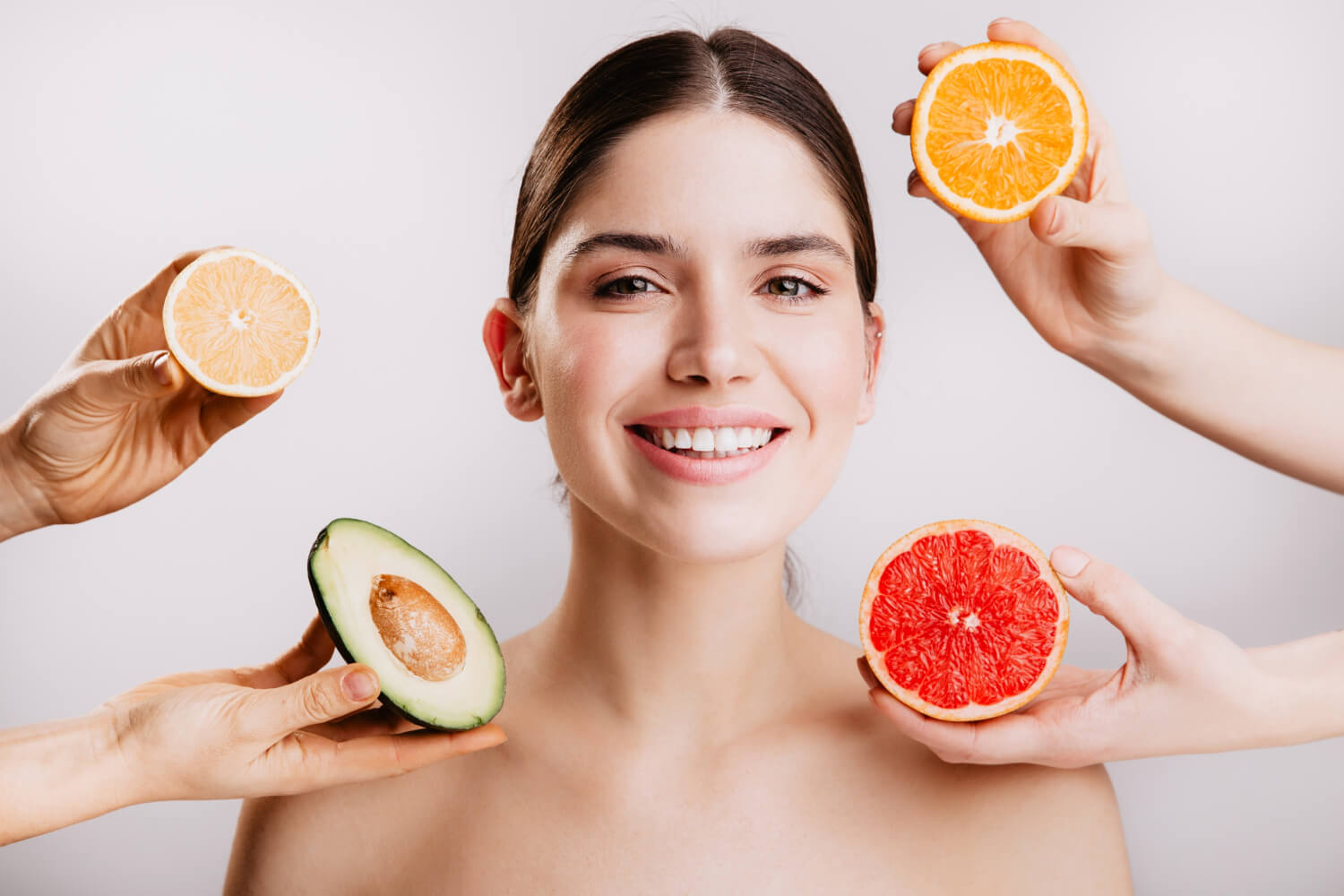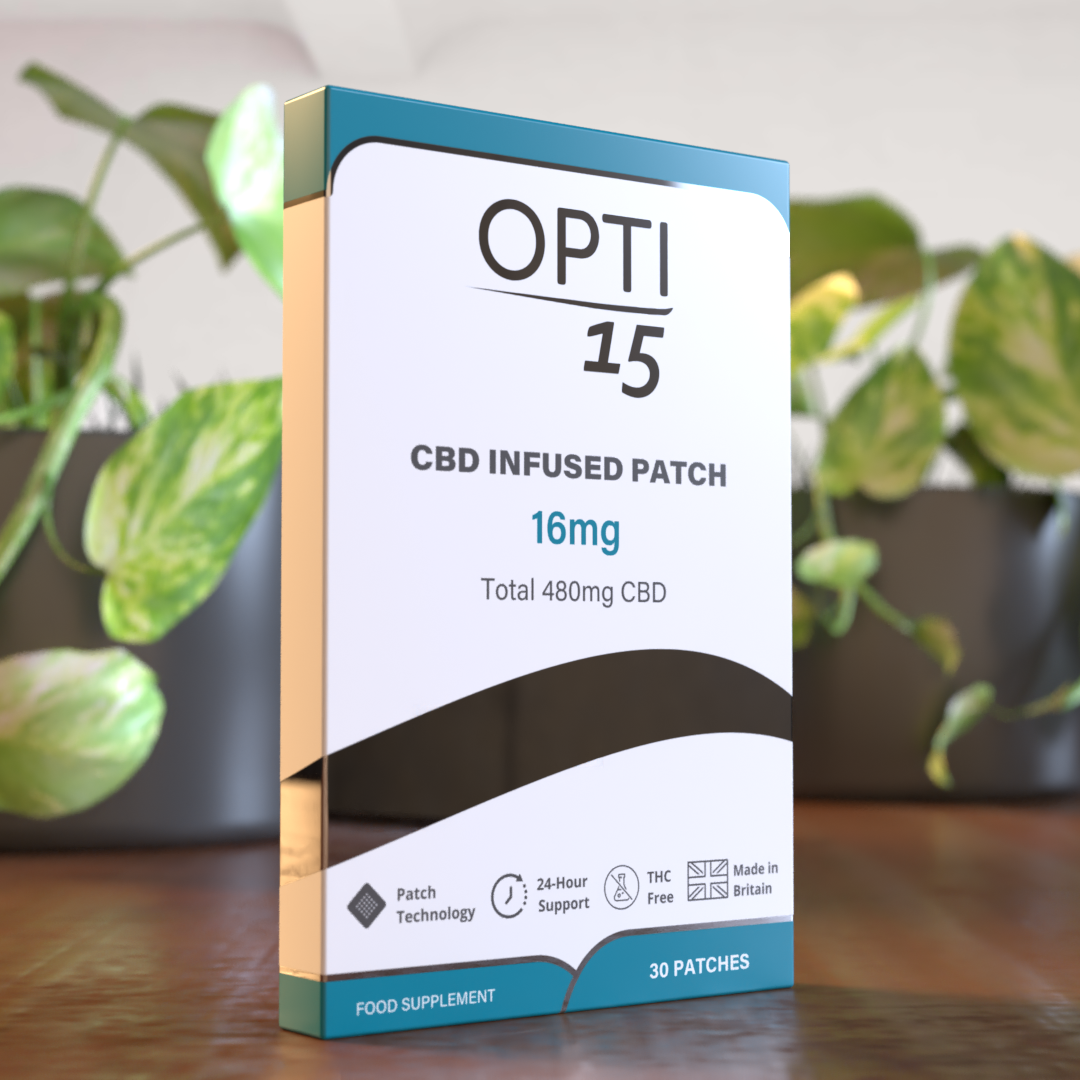Top 9 Vitamins for Skin Health: Rejuvenating Nutrients for Youthful Skin

The skincare sector is expanding globally as people focus on maintaining healthy, radiant skin. Even while utilizing skin care products like moisturizers, serums, and eye creams can help improve the appearance of your skin, your diet and lifestyle also have a significant impact on the health of your skin.
Eating a diet rich in nutrient-dense foods is essential for having good skin. Some individuals are curious about whether taking supplements that contain certain vitamins can help improve skin health. In this article, let’s learn about the top vitamins that are helpful for rejuvenating skin.
Why do we need vitamins for skin?
Minerals and vitamins are vital components that your body needs to stay healthy and operate efficiently. These vital nutrients, which include vitamins A and E, are important for maintaining the health of our bodies as well as our skin.
Our bodies do not produce the majority of vitamins, but they can be obtained through diet and supplements. These vitamins are present in a variety of skincare products, combining to give you a more youthful appearance.
Applying vitamin-enriched creams and lotions might be especially good for the skin. Furthermore, some vitamin-containing topical serums may help address deficiencies as well as reduce sunspots and scars, resulting in skin that is more even-toned and looks healthier. Learn about the best vitamins for skin and how to incorporate them into your skincare regimen.
Essential vitamins for skin:
1. Vitamin A:
Vitamin A is necessary for the skin's outermost and innermost layers. By halting the breakdown of collagen, it appears to reduce UV damage. It may provide some protection against sunburn because it is an antioxidant, but not as much as sunscreen. It supports the function of the oil glands surrounding your hair follicles and may aid in the healing of wounds and scrapes, particularly if you're taking steroids to lower inflammation.
2. Vitamin C:
Many skincare products, such as moisturizers, creams, and serums, include vitamin C. It is a popular option for treating several skincare issues, including minimizing hyperpigmentation, brightening the complexion, and protecting the skin from environmental harm, because of its moisturizing qualities.
Some research suggests that taking vitamin C supplements promotes the formation of collagen. Furthermore, studies indicate that a higher intake of vitamin C through diet helps improve skin appearance. Some research also indicates that when taken with other minerals like collagen and zinc, vitamin C supplements may help with dryness and wrinkles on the skin.
3. Vitamin E:
Think about applying vitamin E if your skin feels dry or inflamed. It is derived from foods like avocados, sunflower seeds, and almonds and functions as a calming balm that retains moisture to leave your skin feeling supple and silky. Its moisturizing qualities help get rid of dryness and irritation.
Vitamin E is known to absorb some UVB rays. However, it is ineffective at preventing sunburns and skin cancer caused by UVA rays.

4. Vitamin D:
Vitamin D has been demonstrated to be crucial for maintaining clear and healthy skin because of its role in skin cell growth, repair, and metabolism. Using this amazing vitamin for your skin has several benefits.
- Dermatologists have turned to vitamin D to treat vitiligo, psoriasis, and eczema since it reduces inflammation; topical creams are typically used for this purpose.
- According to certain epidemiological research, vitamin D may offer protection against cancer risk and cancer-associated death since it functions as a steroid.
- Dead cell accumulation on the skin's surface can clog pores and cause flaky, dry skin. Vitamin D promotes cell division and turnover, avoiding dryness and maintaining the youthful appearance of skin.
- Vitamin D and other antioxidants combat free radicals to lessen environmental harm.
- Vitamin D keeps skin healthy overall, increases its suppleness, and has anti-aging properties by shielding it from pollution and UV rays.
5. B vitamins:
B vitamins consist of B1, B2, B3 (niacin), B5, B6, B7 (biotin), B9, and B12; they collectively support skin health by improving hydration and encouraging cell renewal. By boosting ceramide synthesis, niacin (B3) in particular fortifies the skin barrier and keeps skin moisturized and protected. By balancing out pigmentation, it can help brighten the complexion and lessen redness and inflammation. B7, or biotin, promotes healthy skin, hair, and nails.
6. Biotin (vitamin B7):
Biotin is a B vitamin that is one of the primary components of the majority of hair, skin, and nail supplements. Although many individuals rely on biotin for strong, beautiful skin, no proof that taking supplements of this vitamin improves the appearance of your skin, hair, or nails unless you genuinely have a biotin deficiency.
7. Vitamin K:
A fat-soluble vitamin, vitamin K is essential for bone metabolism and blood coagulation. K1 (phylloquinone), which is prevalent in green leafy vegetables, and K2 (menaquinone), which is found in fermented foods and animal products, are its two primary forms. Vitamin K has numerous benefits for skin, such as:
- It helps reduce dark circles
- Helps with wound healing
- Alleviates spider veins and bruises
- Enhances skin elasticity
- Has anti-aging properties
8. Zinc (an important mineral for skin):
This mineral is five times more abundant in the outermost layer of your skin than in the innermost layer. Zinc aids in the recovery of injured skin. It is essential for the stability of cell walls as well as for the division and specialization of cells during growth.
The way zinc interacts with other metals in your body, such as iron and copper, may help shield your skin from UV rays. It has antioxidant properties as well. Applying moisturizers and steroid creams won't help the itchy rash that appears to be eczema due to low zinc levels.
9. Selenium:
Together with vitamins E and C, selenium functions as an antioxidant to shield the skin from oxidative damage. Through the neutralization of free radicals, it promotes skin suppleness and may lower the incidence of skin cancer.
Choosing the right vitamins for your skin:
Every skin type has its pros and cons. However, it is crucial to understand which vitamins are good for your specific skin type. Here are some tips to follow to identify your skin needs:
-
Know your skin type: Is your skin sensitive, dry, oily, or a combination of these? This is where you begin. Knowing your skin type serves as the first step of your skincare regimen, pointing you in the direction of the best methods and products to meet the particular requirements of your skin.
-
Understand your skin issues: Do you have dark spots, fine wrinkles, acne, or simply wish to keep your skin looking young? Selecting the appropriate vitamins is aided by being aware of your concerns.
-
Choose products wisely: Choose skincare products that provide the vitamins your skin requires based on your skin type and issues. By doing this, you successfully meet your particular skincare requirements, which may result in skin that is healthier and more radiant.
-
Be Consistent: Consistency is the key to achieving results, so once you've chosen a regimen that works, strive to stick to it.
-
Dry Skin: Skin that doesn't have enough moisture to stay smooth and silky is said to be dry. Vitamins C and E can help seal in moisture and brighten your face if you have dry skin.
- Oily skin: Excessive production of sebum, the waxy, oily substance that protects and lubricates the skin, is known as oily skin. Vitamin B3 (niacinamide)-containing products help manage oiliness and lessen acne.
Conclusion:
By supporting skin repair, preventing environmental damage, encouraging collagen synthesis, and preserving hydration, incorporating these vitamins and minerals into a balanced diet or supplement regimen can greatly improve skin health. Zinc and selenium, as well as vitamins A, B complex, C, D, E, and K, provide a complete nutritional basis for healthy, glowing skin. These nutrients work best as part of a comprehensive skincare routine that also includes enough hydration and sun protection.


